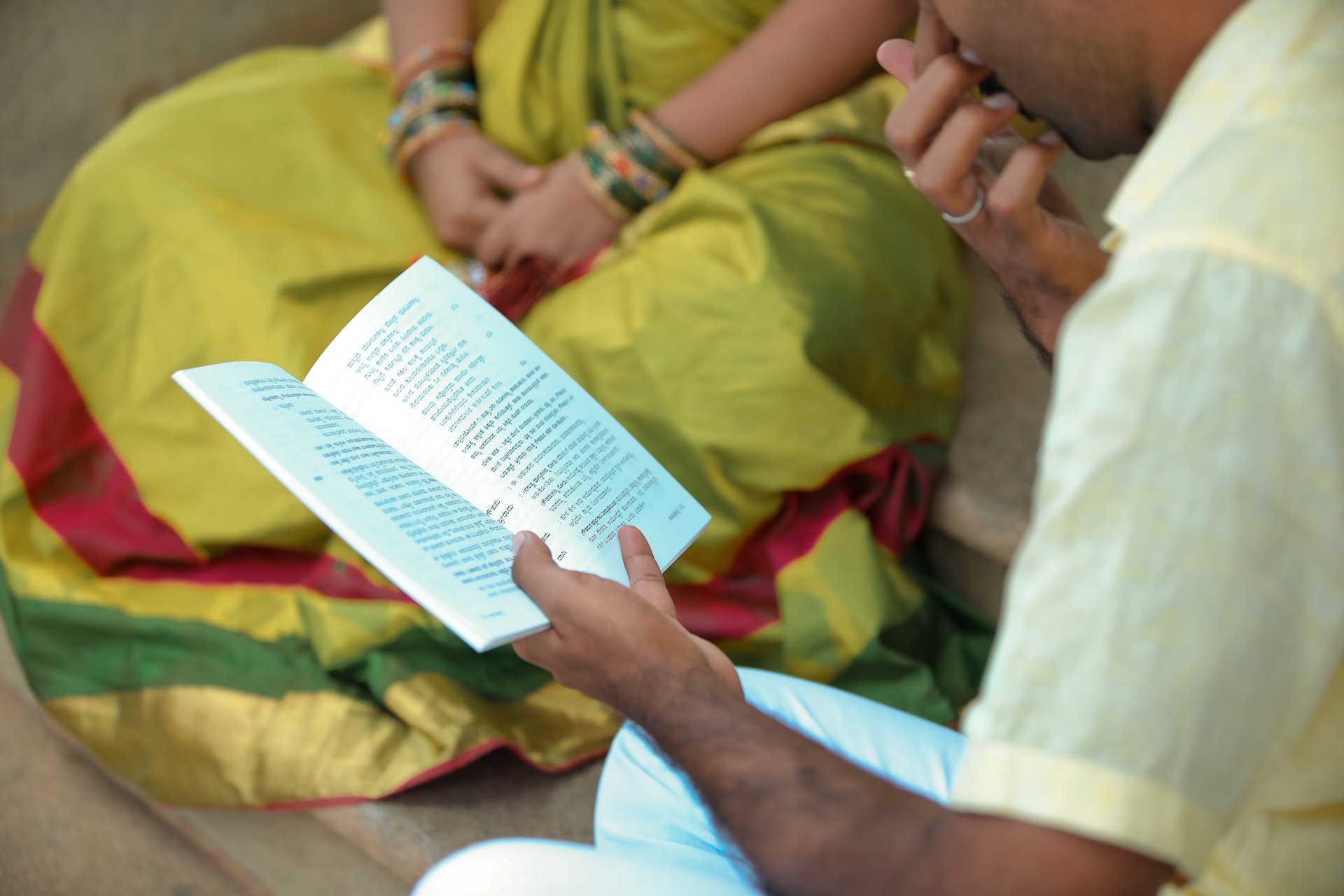EVERY year, on September 8th, the world celebrates International Literacy Day. This occasion, initiated by UNESCO (the United Nations Educational, Scientific, and Cultural Organization) aims to highlight the importance of literacy as a fundamental human right and a catalyst for individual and societal development.
The origins of International Literacy Day can be traced back to the World Conference of Ministers of Education on the Eradication of Illiteracy, held in Tehran, Iran, in 1965. During this conference, the idea of a day to promote and celebrate literacy took root. Two years later, on September 8, 1967, the first International Literacy Day was officially observed.
The theme for 2023
Each year, International Literacy Day is celebrated with a specific theme, shedding light on various aspects of literacy. In 2023, the theme is “Literacy for a Sustainable Future.” This theme underscores literacy’s critical role in achieving sustainability goals, promoting lifelong learning, and fostering more inclusive and equitable societies. It emphasises that literacy is not only about reading and writing but also about empowerment, personal growth, and social progress.
The importance
International Literacy Day holds significant importance in today’s world for several reasons including it being a fundamental human right. It empowers individuals to participate fully in society, exercise their rights, and access opportunities for personal and professional growth.
Literacy serves as the foundation for all learning. It opens doors to education and helps individuals acquire new knowledge and skills throughout their lives.
Literacy is a powerful weapon in the fight against poverty, providing individuals with the knowledge, skills, and opportunities needed to break free from the cycle of deprivation and create a path towards a more prosperous future.
Literacy is a potent catalyst, breaking down barriers and fostering a sense of community belonging. Through literacy, individuals gain the tools to actively engage in social activities, comprehend their rights, and participate meaningfully in democratic processes. It is a linchpin for reducing discrimination, empowering people to challenge biases and promoting a more inclusive and equitable society.
Literacy promotes gender equality
Literacy is pivotal in promoting gender equality by empowering women and girls in multiple ways. Firstly, it enhances their access to education, allowing them to pursue higher studies and develop essential life skills. Education fosters economic independence and improves employability, reducing gender disparities in the workforce. Literacy equips women with the knowledge and awareness necessary to assert their rights. It enables them to participate actively in decision-making processes within their families and communities, contributing to more equitable and inclusive governance structures.
It has also been seen that literate women often have better access to healthcare information, resulting in improved family health practices. This positively impacts child health and nutrition, breaking the cycle of intergenerational inequality. Literacy also empowers women to challenge harmful gender stereotypes and discriminatory practices, fostering a cultural shift towards gender equity.
How literacy is important for sustainable development
Literacy is an indispensable cornerstone of sustainable development. Literacy equips individuals to access, understand, and leverage information, knowledge, and resources. This proficiency is key to unlocking opportunities and driving progress in this interconnected world. It enhances economic growth and livelihoods and enables individuals to secure better job prospects. A literate workforce is better equipped to adapt to changing job markets, participate in skill-based industries, and contribute to economic resilience. Literacy empowers individuals to make informed decisions about their well-being and that of their families. It also allows them to advocate for quality healthcare and education services, ensuring these essential aspects of life reach everyone, irrespective of their background.
International literacy prizes
Since 1967, UNESCO has been awarding the International Literacy Prizes to honour outstanding achievements and inventive initiatives in literacy. These accolades have acknowledged 512 global projects and programmes of governments, non-governmental organisations, and individuals implement. With these prizes, UNESCO aims to endorse successful literacy endeavours and inspire the advancement of vibrant, literate communities. The prizes are important as they motivate people to contribute meaningfully to the field of education.
Literacy in India’s context
According to the 2011 Census of India, the country has witnessed a significant improvement in its literacy rate, marking a commendable rise of approximately 9.2 per cent in the past decade, soaring from 65.38 per cent in 2001 to 74.04 per cent in 2011. However, India still grapples with a substantial gender gap in literacy, with men boasting an 82.14 per cent literacy rate while women lag at 65.46 per cent. Recent research conducted by the National Statistical Office between July 2017 and June 2018 further substantiates this gap, illustrating that male literacy rates stand higher at 84.7% compared to female literacy rates at 70.3%. Kerala has the highest literacy rate at 96%, followed by Delhi at 96%, Uttarakhand at 87.6%, Himachal Pradesh at 86.6%, and Assam at 85.9%. Remarkably, the male literacy rate exceeds the female literacy rate in all states, even in Kerala, where male literacy stands at 96 per cent while female literacy hovers at 92 per cent.
International Literacy Day reminds us of the transformative power of literacy and the need to continue working towards a world where everyone can read, write, and access knowledge. It calls for global cooperation and concerted efforts to eradicate illiteracy and build a brighter, more equitable future for all.
–
Give’s mission is to “make giving bigger and better.” Give is the most trusted donation platform in India for fundraisers and crowdfunding campaigns. Through our technology solutions, we enable individuals and organisations to fundraise and donate to a cause, charity or NGO with trust and convenience. Give’s community of 2.7M+ individual donors and 300+ organisations supports 3,000+ verified nonprofits with 80G deduction and serves 15M+ people across India. Find a fundraiser today!

Kumara was a professional journalist for over 15 years, with stints in The Telegraph and Reader’s Digest. He grew up hating maths and physics. He is a post-graduate in history. Kumara believes that cricket and Seinfeld have answers to most questions that life throws at you.
Discover more from
Subscribe to get the latest posts sent to your email.

